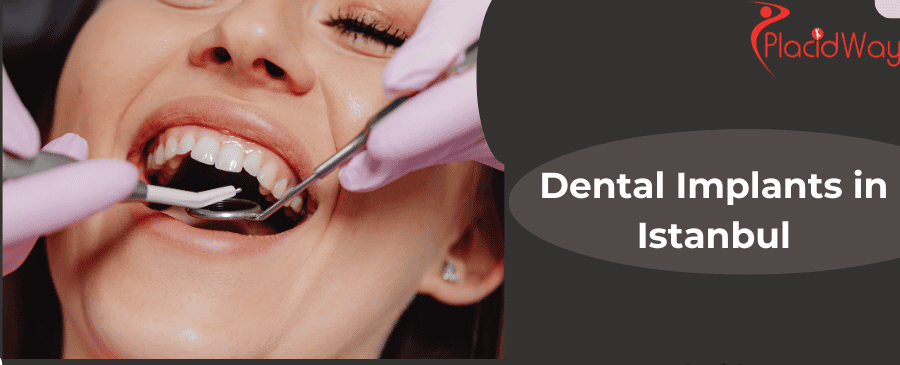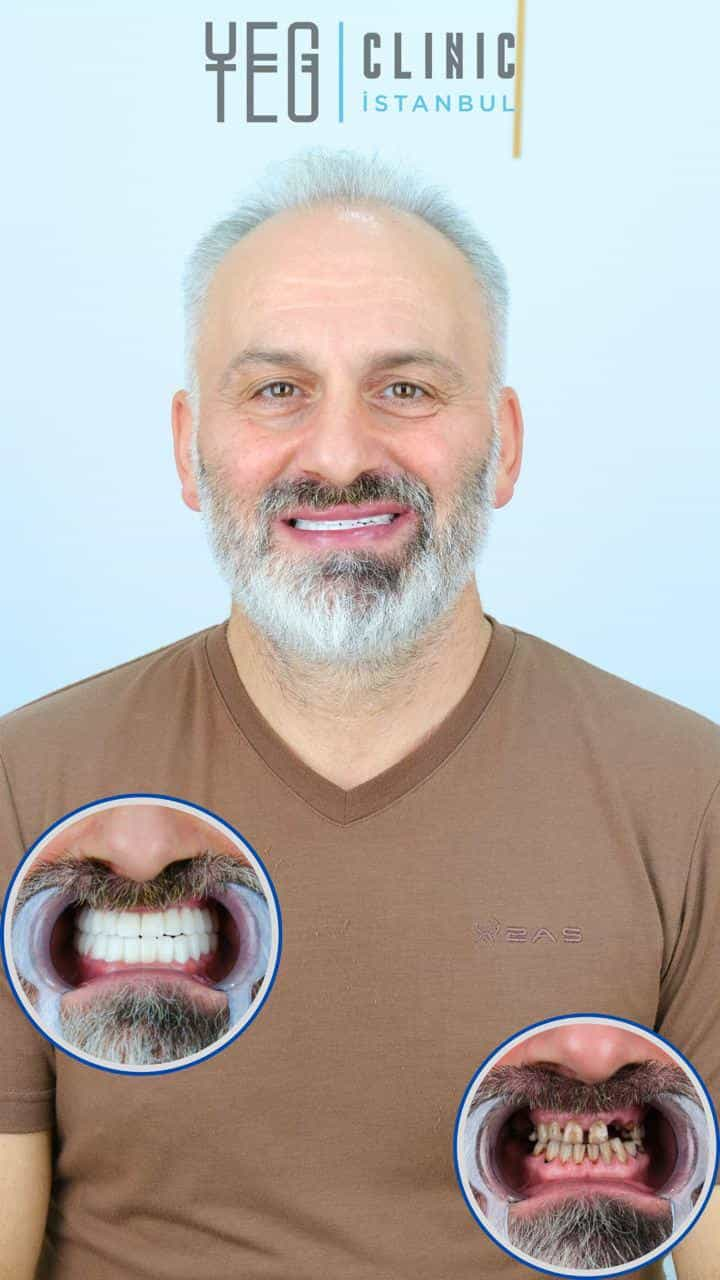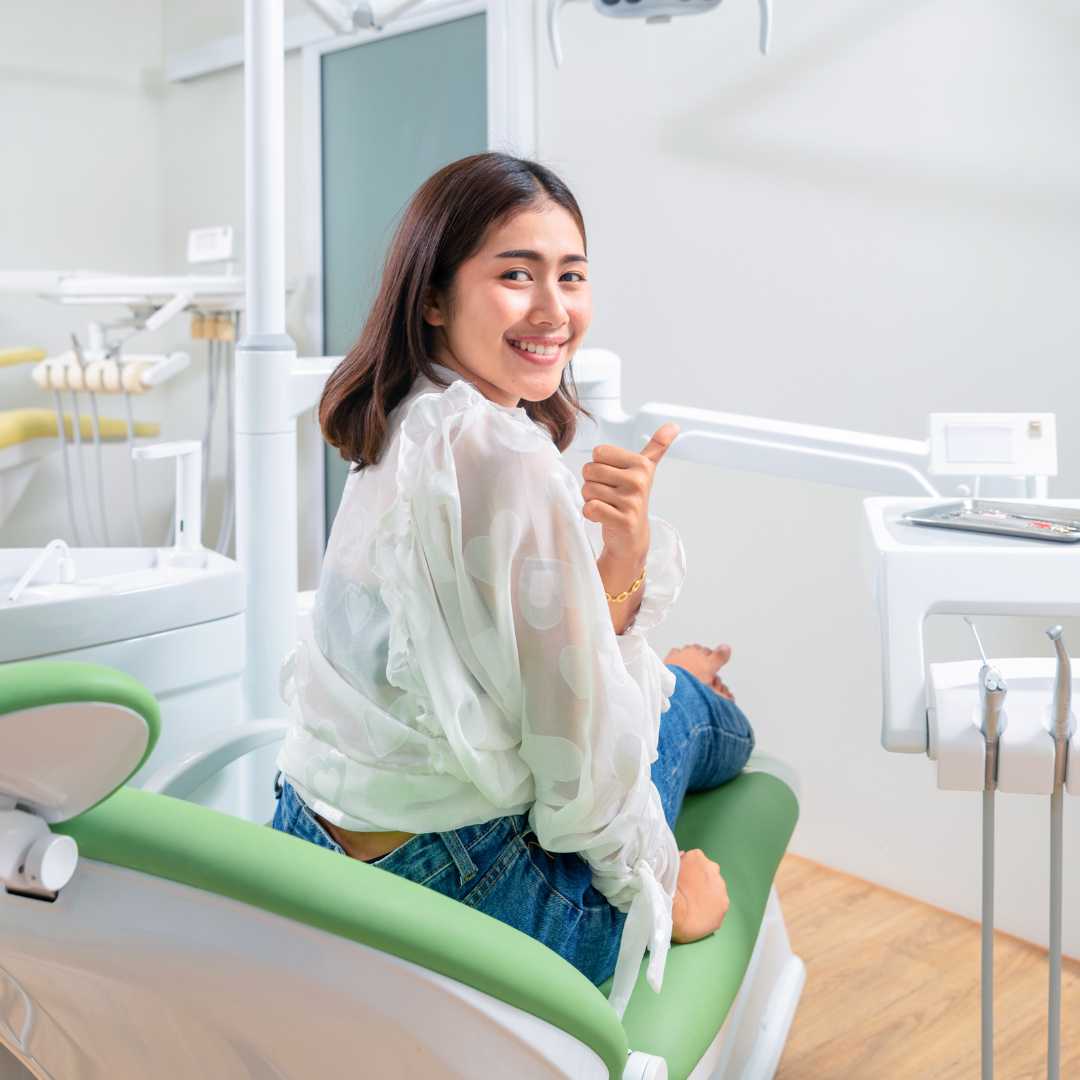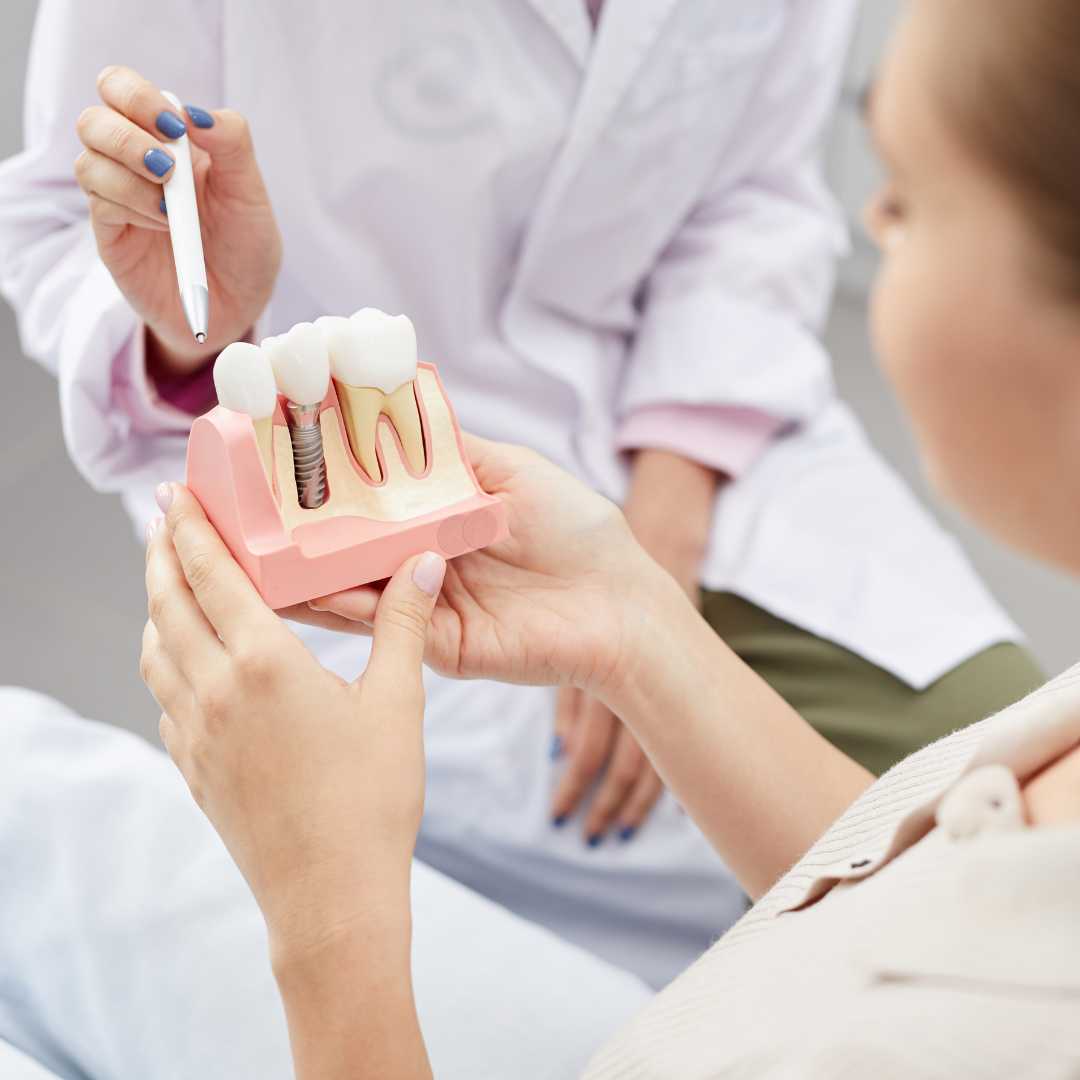Dental Implants in Istanbul: What is the Full Recovery Timeline?

Istanbul has rightfully earned its reputation as a global hub for dental excellence, attracting thousands of international patients for procedures like dental implants. The combination of highly skilled surgeons, state-of-the-art technology, and significant cost savings makes it an incredibly attractive option. If you're considering this path to a restored smile, your most pressing question is likely, "What is the recovery time for dental implants in Istanbul?" Understanding the healing process is fundamental to planning your journey and setting realistic expectations for a smooth and successful outcome.
The journey to a permanent new tooth isn't instantaneous. It’s a biological process that requires patience and proper care. The core of the recovery is a remarkable process called osseointegration, where the titanium implant post fuses with your natural jawbone, creating an unshakeable foundation. This crucial phase is what makes dental implants the most durable and reliable tooth replacement solution. While the complete fusion takes several months, the initial recovery from the surgical procedure itself is much shorter. This guide will walk you through every stage of the dental implant recovery timeline, from the first 24 hours after your procedure in a top-tier Istanbul clinic to the final placement of your beautiful new crown, ensuring you are fully prepared for what's ahead.
What is the immediate recovery period after implant surgery?
The first few days after your implant placement are when you'll need to focus most on rest and care. Your dental team in Istanbul will provide you with a detailed post-operative care package, including prescriptions for pain relief and possibly antibiotics. Swelling is the body's natural response to surgery and typically peaks around the second or third day before starting to subside. You can manage this effectively by applying a cold pack to your cheek for 15-20 minutes at a time.
You may notice some minor oozing of blood from the surgical site, which is completely normal. Biting down gently on a piece of sterile gauze for about 30-60 minutes will usually stop it. During this time, it's essential to avoid vigorous rinsing, spitting, smoking, or using a straw, as these actions can dislodge the crucial blood clot that forms in the socket and protects the underlying bone.
How long does the initial gum healing take?
After the first few days of acute recovery, your gums will begin the process of healing and closing over the implant area. During this one-to-two-week period, you'll see a significant reduction in swelling and discomfort. Most patients feel comfortable enough to return to work and most of their normal daily activities, aside from strenuous exercise, within a few days.
Maintaining oral hygiene is vital to prevent infection, but it must be done gently. Your Istanbul dentist will likely recommend rinsing with a warm salt-water solution or a prescribed antiseptic mouthwash starting the day after surgery. You can brush your other teeth as normal but should avoid the surgical site itself until your dentist gives you the green light to gently clean the area.
What is osseointegration and why does it take so long?
This is the "magic" phase of dental implant treatment and the reason for its high success rate. Titanium is a biocompatible material, meaning the body accepts it and bone cells will grow onto and around its surface. This process creates a synthetic tooth root that is just as strong, if not stronger, than a natural one. While you won't feel anything happening during osseointegration, this is the most critical part of your recovery time.
The 3-to-6-month timeframe allows for complete and robust integration. Rushing this process by placing the final crown too early could put stress on the implant, causing it to move and fail to integrate properly. The exact duration depends on several factors, such as your bone quality, overall health, and the location of the implant in the jaw.
Can you provide a general recovery timeline?
Understanding the journey from start to finish can help you plan accordingly. Here is a typical table outlining the process at most dental clinics in Istanbul.
What factors can influence my personal recovery time?
- Bone Quality and Quantity: Patients with strong, dense jawbone will heal faster. If a bone graft or sinus lift is required to build up the bone, the total treatment time will be extended by several months to allow the graft to heal first.
- Number of Implants: Recovering from a single implant is generally faster and involves less discomfort than a full arch restoration like All-on-4, which is a more extensive surgery.
- Overall Health: Conditions like uncontrolled diabetes, osteoporosis, or autoimmune disorders can slow down the body's healing capacity and may affect the success of osseointegration.
- Smoking and Alcohol: Smoking is one of the biggest risk factors. It constricts blood vessels, reducing blood flow and oxygen to the healing tissues, which can delay recovery and increase the risk of implant failure. Alcohol can also hinder healing and should be avoided in the initial recovery period.
What can I eat and drink after getting dental implants?
Proper nutrition is important for healing, but you must protect the implant site. Start with cool liquids and progress to soft foods as you feel comfortable.
- Days 1-3: Smoothies, protein shakes, yogurt, cool soups, pudding, applesauce.
- Days 4-14: Scrambled eggs, mashed potatoes, oatmeal, soft pasta, flaky fish, well-cooked vegetables.
Avoid using straws as the suction can disturb the healing site. Also, steer clear of seeds, nuts, popcorn, and chips, as small particles can get lodged in the surgical area and cause infection.
When can I go back to work and exercise?
Listen to your body. If you feel tired, take it easy. While light walking is encouraged to promote circulation, any activity that strains your body should be put on hold. Your surgeon will give you specific advice, but a good rule of thumb is to wait 7-10 days before gradually reintroducing your normal workout routine. Starting too soon can cause throbbing and pain at the implant site and compromise healing.
What if I need a bone graft? How does that change the recovery time?
A bone graft is a common preliminary procedure for patients who have experienced bone loss in their jaw. The grafting material needs time to integrate and create a solid foundation. While this extends the total treatment duration, it is a crucial step for ensuring the long-term success and stability of your dental implants. In some cases, a minor graft can be done at the same time as implant placement, but for more significant bone loss, it will be a separate preliminary stage.
Ready to take the next step toward a new smile? Don't let uncertainty about the process hold you back. PlacidWay connects you with the most reputable and experienced dental clinics in Istanbul. Explore your options, get personalized, no-obligation quotes, and find the perfect solution for your needs. Click here to start your journey with PlacidWay today!


.png)






.png)





.png)

Share this listing